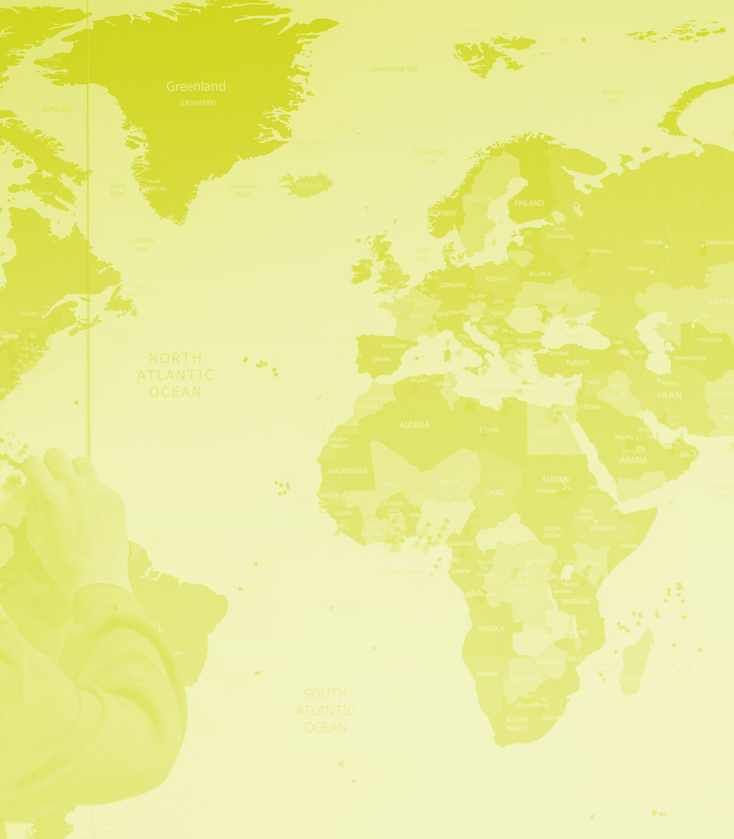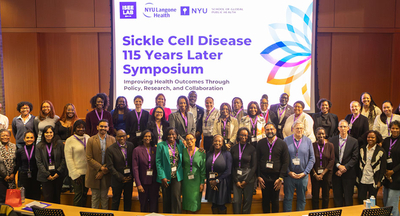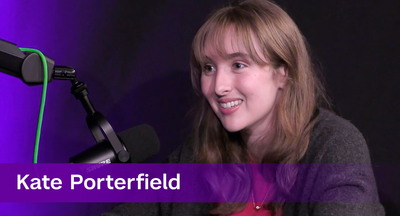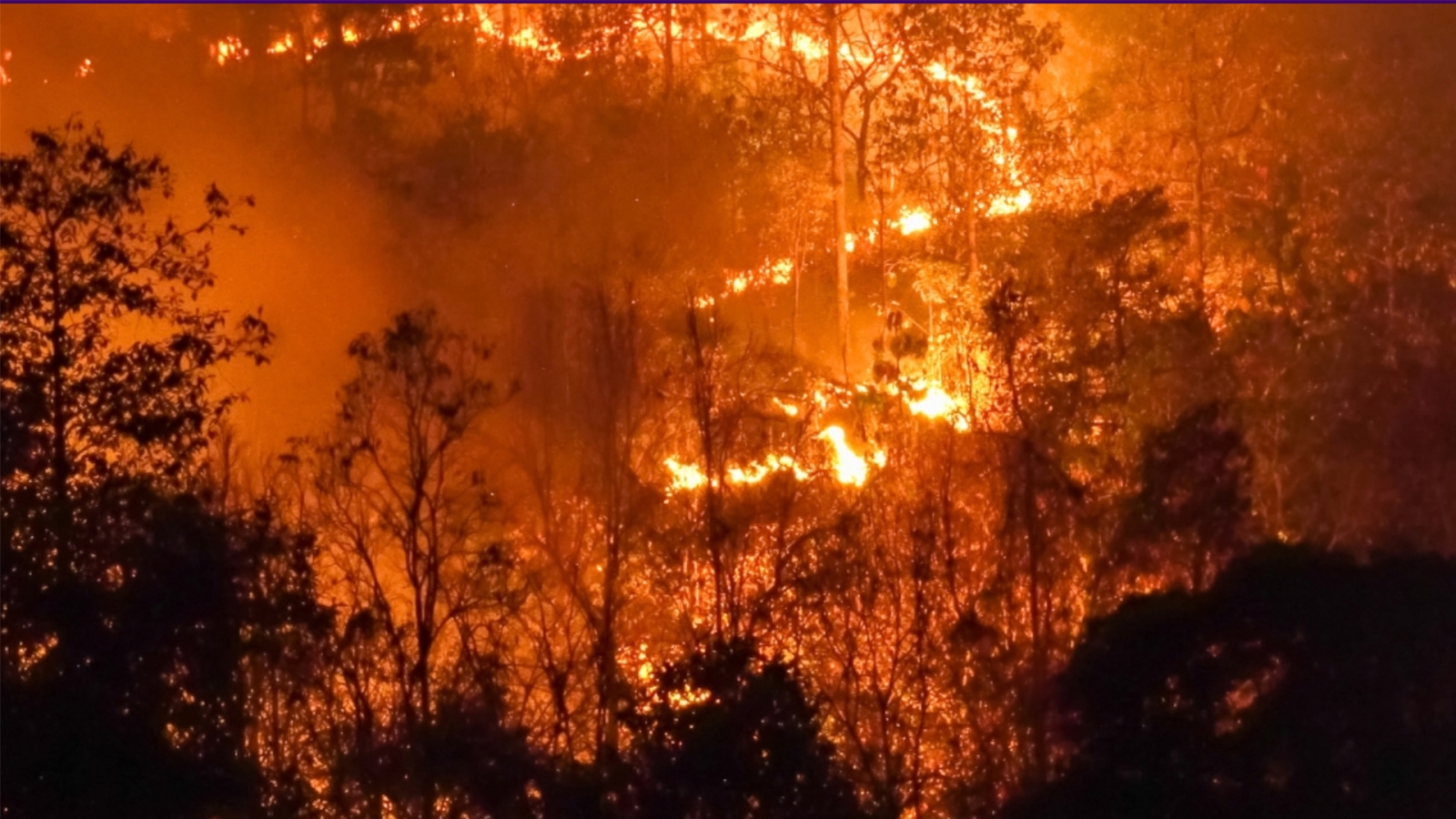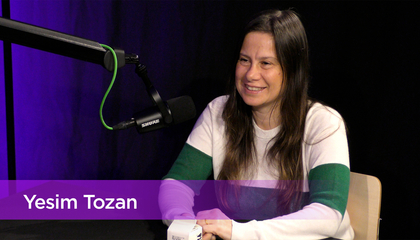A Message from the Department Chair
"The world is rapidly changing, and we're facing huge challenges like pandemics, new diseases, climate change, antibiotic resistance and resource shortages. These problems require people around the world to come together and act urgently. Our department aims to equip the next generation of scholars, practitioners and leaders to tackle these issues head-on. Get ready to be part of the solution and to help shape a healthier future for the world." — Mark Jit, Chair and Professor of the Department of Global and Environmental Health
Explore Our Masters Degree Programs
Explore Our Dual-Degrees Degree Programs
GEH LED CENTERS & LABS
Fellowships & Scholarships
We offer capacity-building opportunities that support field-based practice and skill development. Designed to cater to your public health interests, we encourage you to explore our fellowship and scholarship programs.
GEH Student Ambassadors
Our Student Ambassadors are an invaluable resource acting as a point of contact for questions, assisting with vital information and connecting prospective students with professors, staff and internal resources at NYU GPH. Schedule a meeting an Ambassadors, today.
